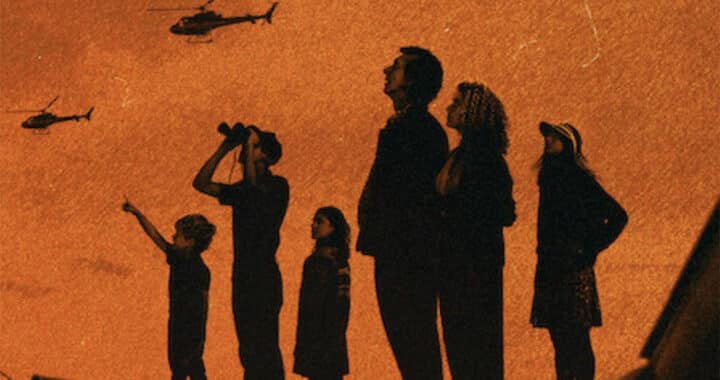
Who Is the Monster in Claire Dederer’s ‘Monsters’?
In Monsters, Claire Dederer explores how fans’ “dumb love” of art can exist with “heartbreak” and unresolved feelings about monstrous artists.

In Monsters, Claire Dederer explores how fans’ “dumb love” of art can exist with “heartbreak” and unresolved feelings about monstrous artists.

Scott Z. Burns’ audacious if dramatically uneven climate-change Apple TV+ series shows that while the Earth will change radically, people will not.

In Master Gardener, Paul Schrader uses the curiously arch story of an ex-White Power killer hiding out as a gardener to deliver another story of a lonely avenger seeking absolution through violence.

Ben Affleck’s ridiculously crowd-pleasing Jerry Maguire-like movie Air, about Nike landing Michael Jordan, makes a nearly too-late pivot into meaningful marketing.

Despite an egregious running time and padded plot, the (maybe) conclusion to Keanu Reeves’ series, John Wick: Chapter 4, still serves up some of the original’s delightful weirdness.

Albert Serra’s Tahiti-set drama Pacification submerges an espionage plot in an off-kilter portrait of a French official situated between the colonizers and the colonized.

Stranger than Terry Gilliam’s 1990s hits and less aggressive than his later work, the glorious fantasy The Adventures of Baron Munchausen was the last film where his talents fully flowered.

Oliver Hermanus’ Living, a faithful remake of Akira Kurosawa’s Ikiru, stars Bill Nighy as a terminally ill repressed bureaucrat who realizes it’s time to rage against the dying of the light.

Margot Robbie and Brad Pitt’s characters burn the candle at both ends in Damien Chazelle’s rollicking and ridiculous epic cautionary tale, Babylon.

Noah Baumbach’s bright, funny, and nervy White Noise vividly translates Don DeLillo’s classic of mid-1980s American consumerist-medicated anxieties.

William MacAskill’s What We Owe the Future is an audacious plea to help our future humans with longtermism thinking, but it is blind to what we need now.

Matthew Heineman’s dizzying documentary, Retrograde, sees the fall of Afghanistan through the eyes of one beleaguered Afghan general.